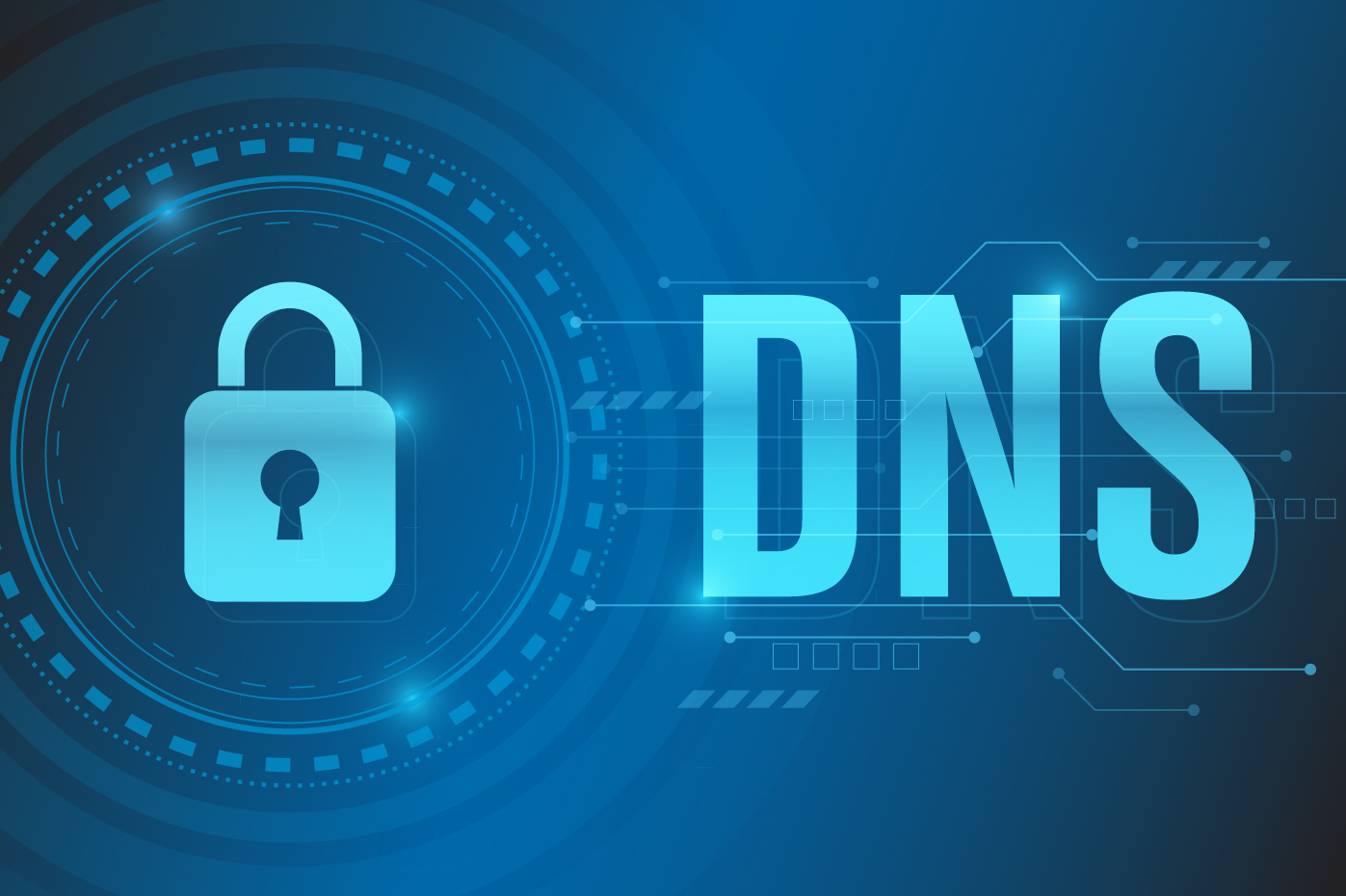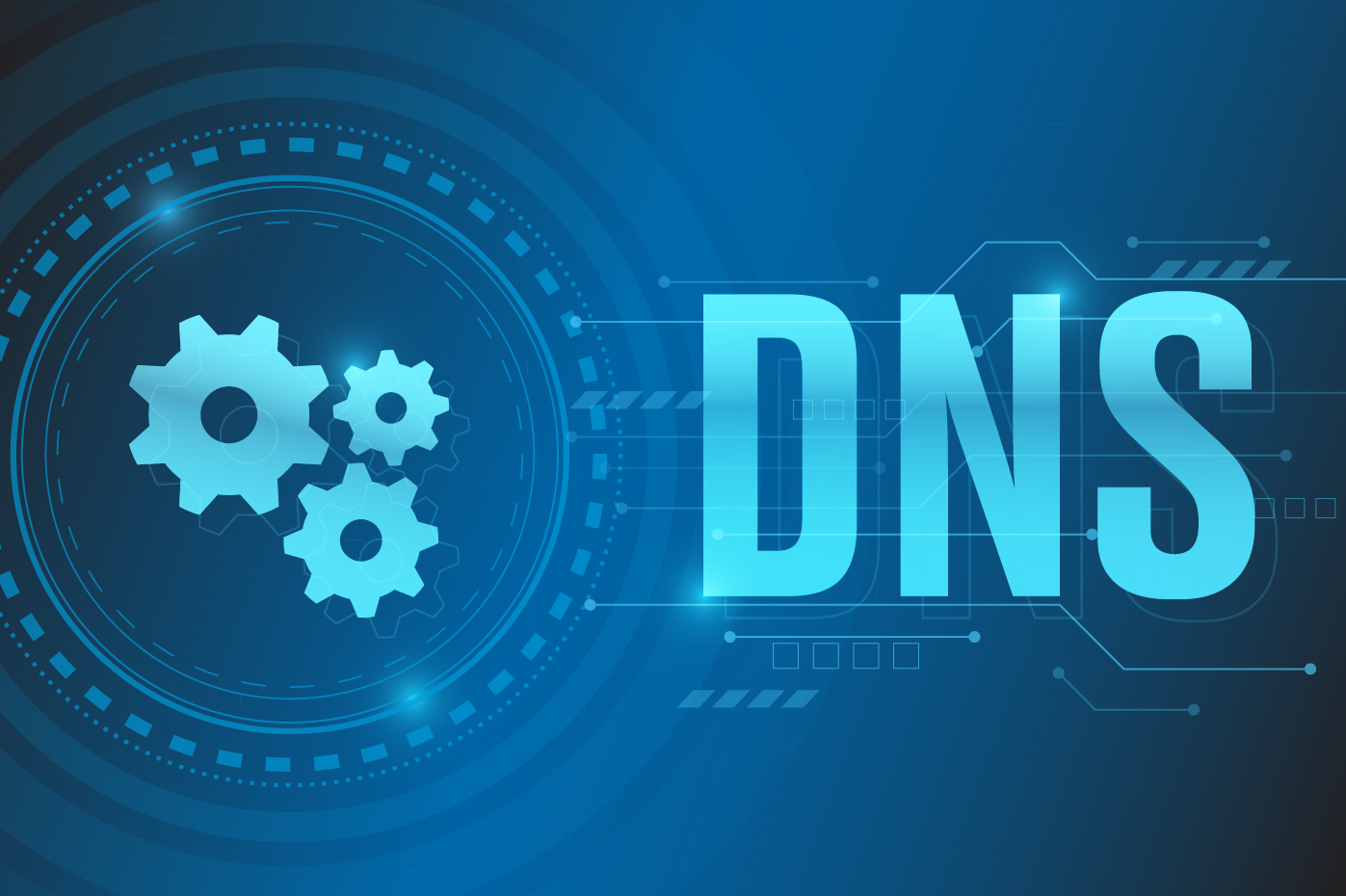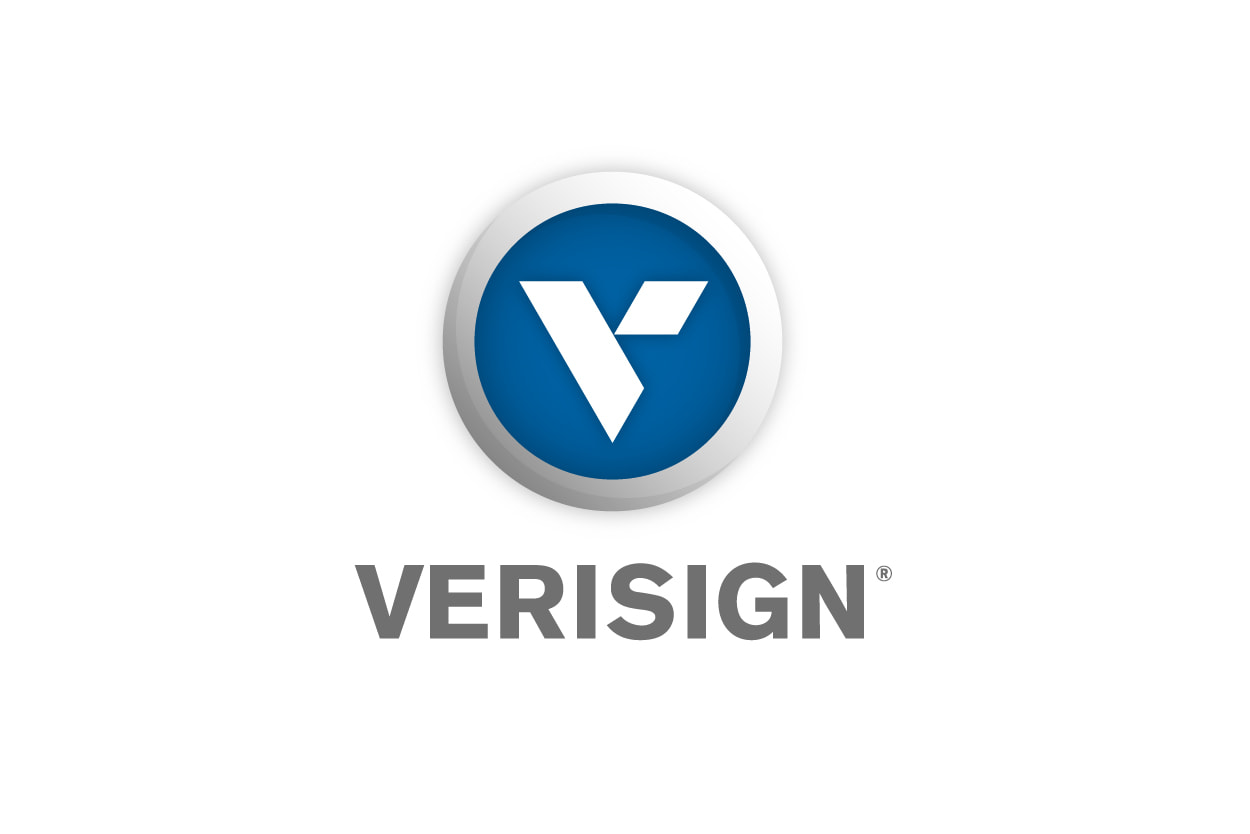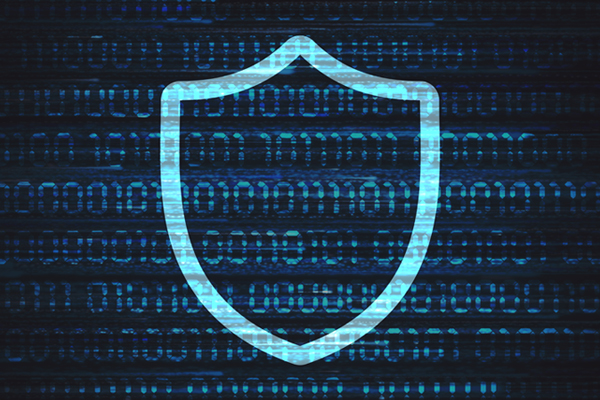The evolution of the internet is anchored in the phenomenon of new technologies replacing their older counterparts. But technology evolution can be just as much about building upon what is already in place, as it is about tearing down past innovations. Indeed, the emergence of cloud computing has been powered by extending an unlikely underlying component: the more than 30-year-old global Domain Name System (DNS).
The DNS has offered a level of utility and resiliency that has been virtually unmatched in its 30-plus years of existence. Not only is this resiliency important for the internet as a whole, it is particularly important for cloud computing. In addition to the DNS’s resiliency, cloud computing relies heavily on DNS capabilities such as naming schemes and lookup mechanisms for its flexibility, usability and functionality.
(more…)







